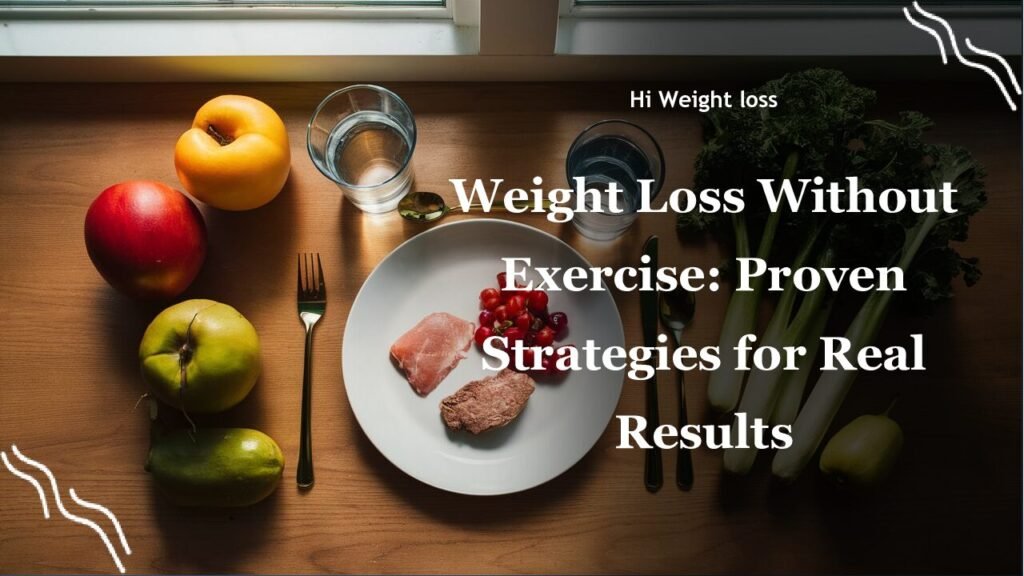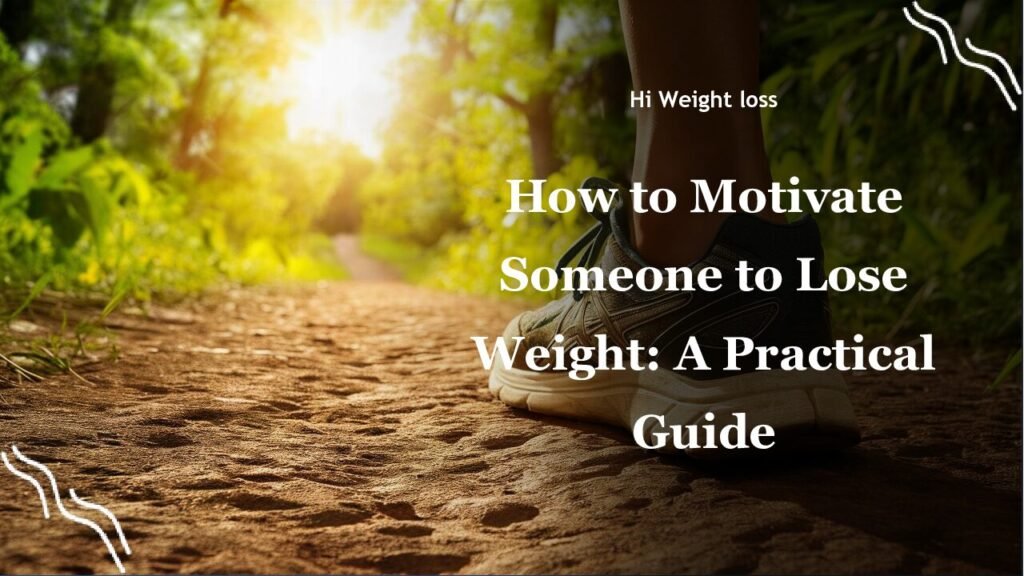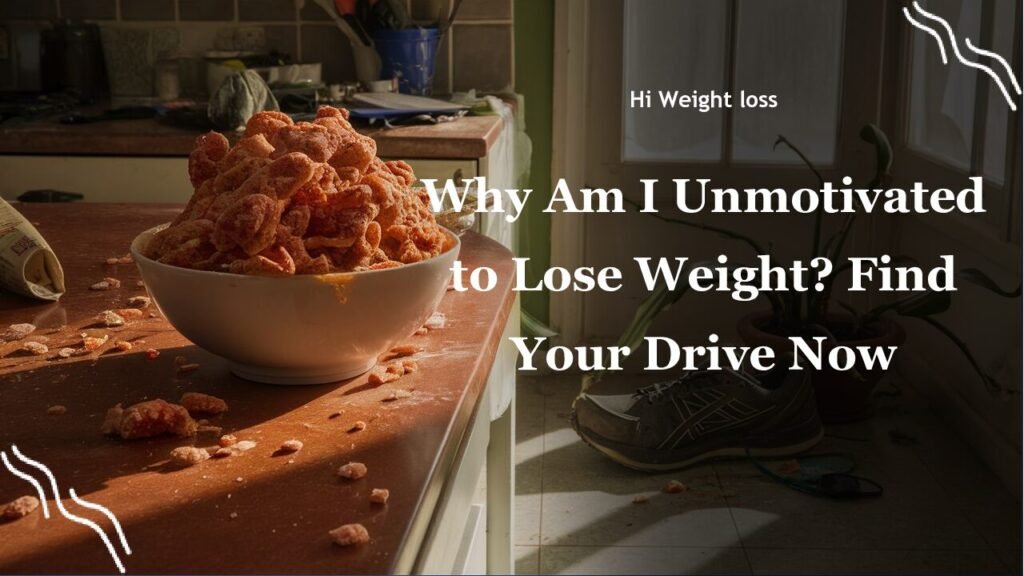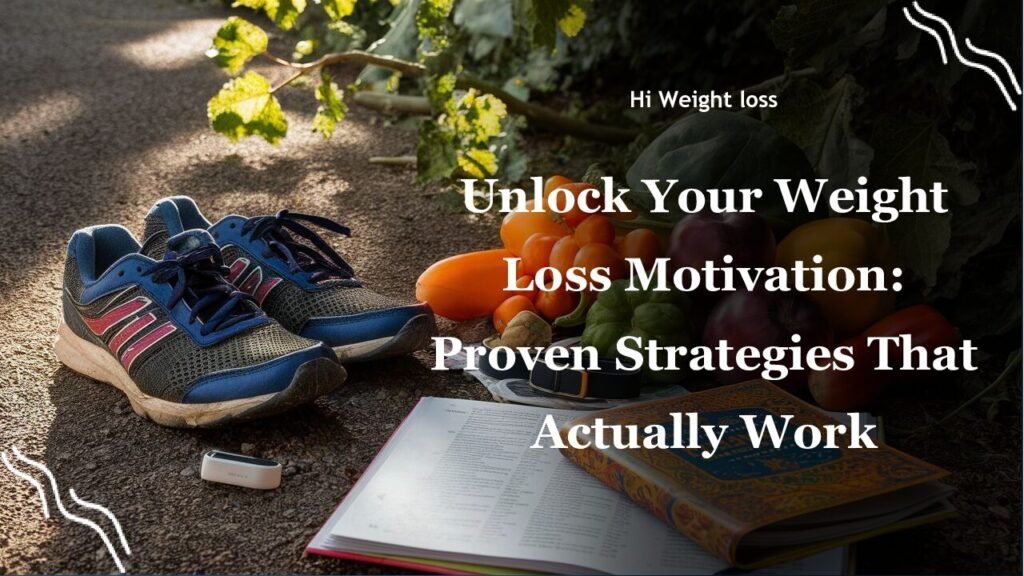“`
Struggling to lose weight but dread the thought of hitting the gym? It’s a common frustration, the feeling that exercise is the only path to shedding pounds. But what if I told you there are several proven strategies to achieve weight loss without exercise? This article will explore these effective methods, backed by research and real-life experiences, to help you reach your goals without stepping foot in a gym, or on a treadmill, or in a yoga studio. Let’s dive into how you can lose weight effectively without traditional exercise, including prioritizing sleep, managing stress, mindful eating, and focusing on your diet.
Can I Lose Weight Without Exercise?
The Power of Sleep for Weight Loss
Have you ever noticed how much hungrier you feel after a night of tossing and turning? I certainly have! That’s because adequate sleep plays a vital role in weight management. Scientific research shows that when you don’t get enough sleep, it disrupts the hormones that regulate hunger, leading to increased cravings for sugary and high-fat foods. It’s not just about how much you sleep, but also the *quality* of sleep. Aim for 7-9 hours of quality sleep each night to support your weight loss journey. I remember a time when I was working long hours and sleeping just 5 hours a night; I found myself constantly reaching for unhealthy snacks and my weight crept up. When I prioritized sleep, my cravings diminished, and my weight became much easier to manage. It’s like the body’s natural way of telling you it needs rest, and in turn, this helps regulate hunger and weight.
Stress Management’s Role in Weight Control
Stress is a sneaky culprit when it comes to weight gain. When you’re stressed, your body releases cortisol, a hormone that can increase appetite and lead to overeating. Many people, myself included, find themselves turning to food for comfort during stressful times. It’s not always about physical hunger but emotional hunger. Mindful stress management techniques, such as meditation, deep breathing exercises, or even just spending some time in nature can be incredibly effective in reducing stress and supporting weight loss. Instead of reaching for that comfort food, finding healthy ways to cope with stress will have a huge effect. This is not just what I’ve learned, but what research has indicated, according to this article, which highlights the link between stress and poor dietary choices.
The Importance of Slow Eating
Do you tend to scarf down your meals without really tasting them? Eating slowly is a powerful practice that can significantly impact your weight. It takes about 20 minutes for your brain to register that your stomach is full. If you eat too quickly, you may overeat before your brain has a chance to signal satiety. In my experience, practicing mindful eating and slowing down has made a noticeable difference in how much I consume. Taking smaller bites, putting down my fork between bites, and actually enjoying the meal has helped me feel fuller and more satisfied with less food. Plus, you enjoy your food so much more when you aren’t rushing, an article from Medical News Today explains more on this topic.

Watch Those Liquid Calories
It’s easy to overlook liquid calories, but they can be a major contributor to weight gain. Sugary drinks like sodas, juices, and even fancy coffees can pack a significant number of calories without making you feel full. I used to be a big fan of sugary lattes, but I soon realized how quickly those calories added up. Switching to water or unsweetened beverages can make a huge difference in your overall calorie intake. Plus, drinking water can actually help you feel fuller, supporting a healthy metabolism and keeping you feeling hydrated. There are many, easy ways to make drinking water more enjoyable, such as adding lemon slices, or a bit of cucumber for flavor. As mentioned by Nutrisystem, watching your liquid intake can significantly help with weight loss efforts.
Increase Protein Intake to Boost Weight Loss
When it comes to losing weight without exercise, increasing your protein intake is a game-changer. Protein is more thermogenic than carbohydrates or fats, meaning your body burns more calories to digest it. A high-protein diet can also help you feel fuller for longer, reducing the likelihood of overeating or snacking. I have noticed that when I include protein with every meal, I have fewer cravings. Think lean meats, fish, eggs, beans, and lentils as some healthy protein options. This is backed up by this article, which also discusses the importance of protein intake for weight loss.
Intermittent Fasting for Weight Management
Intermittent fasting is a popular approach to weight loss that involves restricting your food intake to certain periods. The 16/8 method, where you fast for 16 hours and eat within an 8-hour window, is a common practice. This method can lead to a reduced overall calorie consumption, and it may help your body become more efficient at burning fat for fuel. I tried the 16/8 method a few months ago and while it took some getting used to, I found it surprisingly easy to incorporate into my daily routine, and I noticed some positive changes in my weight and energy levels. As long as you’re staying within a safe time frame, intermittent fasting can be a great tool, and as this research indicates it can effectively support weight loss without exercise.
Mindful Eating Practices
Mindful eating is about paying attention to your food, how you eat it, and where you eat it. This practice can help you develop a healthier relationship with food and make more conscious choices. By paying attention to your hunger and fullness cues, you can reduce the likelihood of overeating. For me, I’ve noticed that by focusing on the taste, texture, and smell of my food, I not only enjoy my meals more, but I also eat less, and I feel more satisfied. This practice helps reduce overeating, which is a key aspect of weight management. As discussed in this article, the benefits of mindful eating are considerable.
The Importance of Diet for Losing Weight Without Exercise
A well-balanced diet is essential for maintaining a healthy weight, even without exercise. Focus on consuming lean proteins, fiber-rich foods like fruits, vegetables, and whole grains. These foods provide more nutrients, fewer calories and more satiety than other carbs. I’ve always found that when my diet is balanced, my weight stays within a healthy range. By making conscious choices about what I eat, I can make sure I have the energy I need, and I stay at a weight that is right for me, even when I am not exercising. This approach is also recommended by many health professionals and experts, and as shown here.
Summary of Effective Weight Loss Strategies
To recap, here’s a handy table showing you the main areas to focus on when you want to lose weight without exercising:
| Strategy | Description |
|---|---|
| Prioritize Sleep | Aim for 7-9 hours of quality sleep each night to regulate hunger hormones and reduce cravings. |
| Manage Stress | Practice mindful stress management techniques to prevent overeating due to stress. |
| Slow Eating | Eat slowly and mindfully to allow your brain to register fullness, reducing overeating. |
| Watch Liquid Calories | Be mindful of liquid calories; opt for water or unsweetened beverages. |
| Increase Protein Intake | Include more protein in your diet to burn more calories during digestion and feel fuller longer. |
| Intermittent Fasting | Restrict eating to certain periods to reduce calorie consumption and enhance fat burning. |
| Mindful Eating | Pay attention to your food, how you eat, and where you eat to make more conscious choices. |
| Focus on Diet | Eat a balanced diet with lean proteins, fiber, fruits, vegetables, and whole grains. |
Conclusion
So, can you lose weight without exercise? Absolutely! By focusing on other aspects of your lifestyle, such as prioritizing sleep, managing stress, and making conscious dietary choices, you can definitely achieve your weight loss goals. It’s about creating a holistic approach that fits your lifestyle, whether that’s mindful eating, watching liquid calories, or trying intermittent fasting. The key is to find what works best for you, make gradual changes, and be consistent. Just like my experience of needing a solid night’s sleep to make progress, you can find your own perfect strategies for success. Start small, be patient with yourself, and you’ll be amazed at the results. Now, why not give some of these strategies a try? Remember, you don’t have to spend hours in the gym to achieve your goals. Why not share this article with someone who might find it helpful as well?
FAQ
Can I really lose weight without any exercise at all?
Yes, absolutely. By focusing on diet, sleep, stress management, and mindful eating practices, you can successfully lose weight without relying on exercise. It’s all about creating a balance that works for you.
How long does it take to lose weight without exercise?
The timeframe for losing weight without exercise varies from person to person, depending on various factors, such as starting weight, current diet, and consistency in implementing these strategies. Be patient with yourself and stick to a plan. It may take a few weeks before you begin to notice the changes.
Is intermittent fasting safe for everyone?
While intermittent fasting can be an effective strategy for weight loss, it’s important to consult with a healthcare professional or a dietitian before starting it, especially if you have any pre-existing health conditions. They can help you determine if it’s right for you.
What are the best foods to eat when trying to lose weight without exercise?
Focus on whole, unprocessed foods like lean proteins (chicken, fish, beans, and lentils), plenty of vegetables, fruits, and whole grains. These foods are nutrient-dense and keep you feeling fuller for longer. Limit processed foods, sugary drinks, and excessive saturated fats.
How important is sleep for weight loss without exercise?
Sleep is incredibly important for weight loss. When you don’t get enough sleep, it disrupts the hormones that regulate hunger and can lead to increased cravings. Aim for 7-9 hours of quality sleep each night to support your weight loss efforts. It’s a powerful and often underestimated tool.
“`



